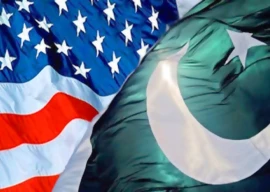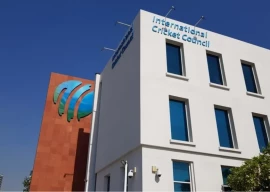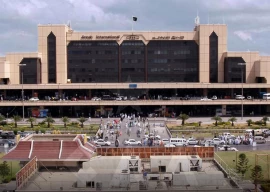
A number of UAE residents — especially netizens — appeared to be happy at the change, but the fact of the matter is that the 6,800 investors from 70-plus countries had net investments of over AED100 billion in the UAE economy, or roughly AED14.7 million ($4 million) each. While an improvement on the status quo, it must be remembered that the golden card only allows permanent residency and is not a path to full citizenship, and it is only open to a select few. In fact, for the wealthy, residency leading to full citizenship can actually cost a lot less in some of the world’s most developed countries.
The same also applies to the highly skilled. Residency is not nationality, and although the many benefits of living in the UAE, a seven-emirate confederation, would attract numerous skilled individuals, it would never truly become an adopted home, as is the case with other countries. This has been a problem for many residents of Middle Eastern states that retain the kafala system in its various forms — a sense of belonging for those that helped build these countries. And it will remain until there is a route to full citizenship.
On the flip side, Pakistani tax authorities should sit up and take notice of who winds up with such golden cards, since the investor-class recipients would all be among the uber-wealthy.
Published in The Express Tribune, May 23rd, 2019.
Like Opinion & Editorial on Facebook, follow @ETOpEd on Twitter to receive all updates on all our daily pieces.


1732003896-0/Zendaya-(1)1732003896-0-165x106.webp)
1731914690-0/trump-(26)1731914690-0-165x106.webp)
1732003946-0/BeFunky-collage-(70)1732003946-0-165x106.webp)








1731749026-0/Copy-of-Untitled-(3)1731749026-0-270x192.webp)




COMMENTS
Comments are moderated and generally will be posted if they are on-topic and not abusive.
For more information, please see our Comments FAQ